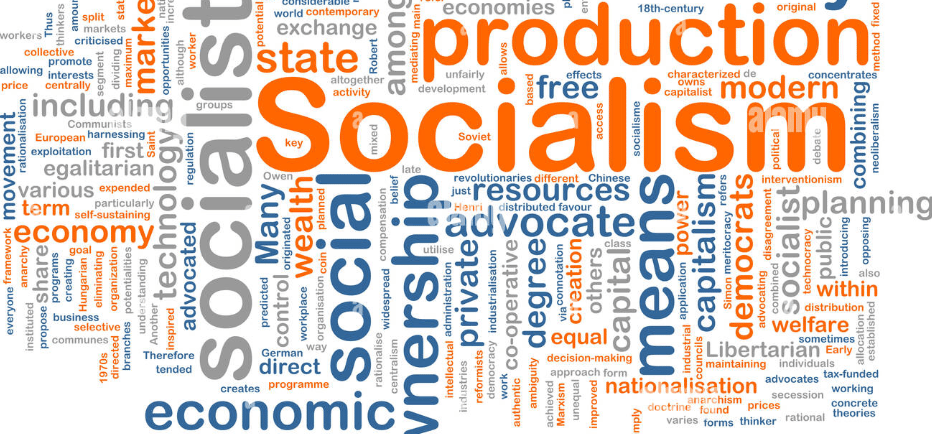Do You Know What Socialism Means in the Modern World
#SocialismExplained, #ModernPolitics, #DemocraticSocialism, #EqualityMatters, #FutureOfWork, #ProgressiveIdeas, #PublicServices, #SocialJustice, #PoliticalEducation, #WhatIsSocialism, #CapitalismVsSocialism, #FairEconomy, #Socialism
WORLD & POLITICS
7/27/20252 min read


Socialism is a term that sparks debate, passion, and confusion in equal measure. While often misunderstood or misrepresented, socialism today is not about rigid ideologies but a dynamic concept that continues to evolve with society. So, what does socialism mean in the modern world? Let’s explore.
1. The Core Idea of Socialism
At its heart, socialism advocates for collective ownership and democratic control of a society’s resources, industries, and services, ensuring that wealth and opportunity are shared more equally. It challenges the idea that profit should come before people.
2. A Quick Look Back
Classical socialism emerged in the 19th century during the Industrial Revolution, as a response to harsh working conditions and inequality.
Thinkers like Karl Marx and Friedrich Engels laid the foundations for socialist theory.
In the 20th century, countries like the Soviet Union and China adopted socialism in extreme forms—but with varying results and significant controversies.
3. Socialism vs Communism vs Capitalism
Socialism aims to balance equality with freedom; the state or community manages key services.
Communism seeks a stateless, classless society—often interpreted as an extreme form of socialism.
Capitalism promotes private ownership and market-driven economies, often criticized for fostering inequality.
Today’s socialism often exists within democratic systems, known as democratic socialism.
4. What Does Modern Socialism Look Like?
Modern socialism isn’t about nationalizing everything—it focuses on:
Universal healthcare
Free or affordable education
Workers' rights and fair wages
Progressive taxation
Public ownership of essential services (like transport or energy)
Examples include countries like:
Norway, Sweden, and Denmark (often labeled as social democracies) blending capitalism with strong social safety nets.
Canada and the UK, which have public healthcare systems.
5. Why Is Socialism Gaining Popularity Again?
Rising inequality, housing crises, student debt, and climate change have caused many, especially younger generations, to question pure capitalism. Socialism is seen by some as a way to:
Reclaim fairness
Empower communities
Curb corporate excess
Figures like Bernie Sanders and Alexandria Ocasio-Cortez in the US have revived conversations around democratic socialism.
6. Common Misconceptions
“Socialism kills innovation.” → Not true. Many innovative nations have socialist policies in education and health.
“Socialism is anti-business.” → It promotes regulated markets, not the removal of businesses.
“All socialists want communism.” → Most modern socialists support democracy and mixed economies.
7. Socialism in Practice: Key Modern Features
Green socialism ties environmental sustainability to economic equality.
Digital socialism explores tech-based shared ownership models.
Cooperative economies and worker-owned businesses are expanding.
8. Challenges and Criticism
Funding social programs requires higher taxes.
Governments must guard against bureaucracy and inefficiency.
Balance is key—too much control can stifle freedom, too little can worsen inequality.
Conclusion
In the modern world, socialism is less about rigid doctrine and more about fairness, dignity, and shared prosperity. It’s about ensuring that progress and profit do not leave people behind. Whether or not one supports it, socialism is once again a powerful force shaping conversations around our collective future.
Knowledge
Empowering minds with reliable educational content daily.
Newsletter Signup
© 2025 DoYouKnow. All rights reserved.
Stay Ahead of the Trends – Join Our Newsletter
